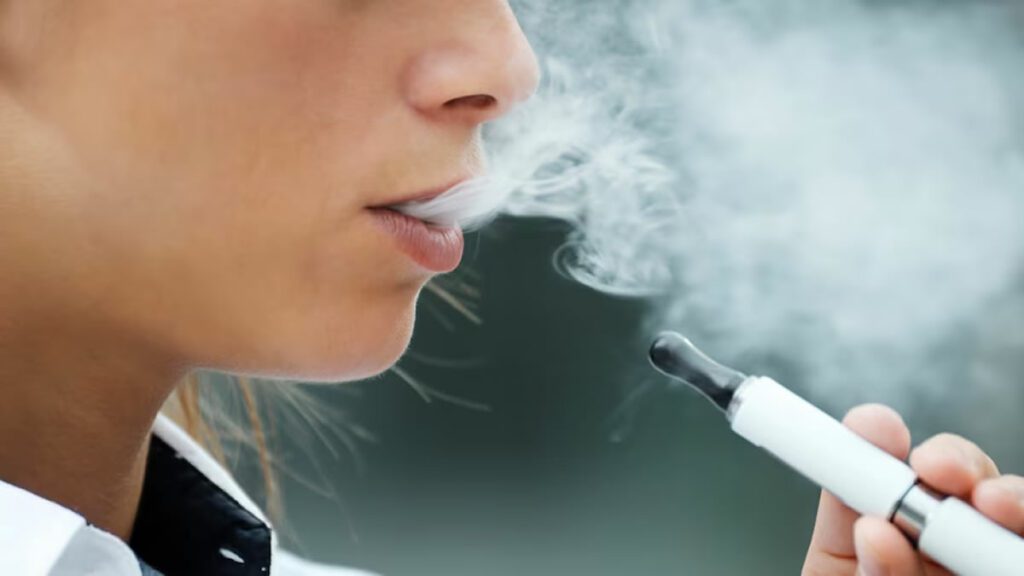The city of Limeira, located in the interior of São Paulo state, has taken a pioneering step in Brazil by enacting specific municipal legislation targeting the use of electronic cigarettes (vapes). The new law, recently sanctioned by the city government after approval by the council, introduces restrictions on where vapes can be used and prohibits their use entirely by minors under 18.
This local measure comes into effect 30 days after its enactment, giving residents and businesses time to adapt. While Brazil's national health agency, Anvisa, already prohibits the sale, manufacture, import, and advertising of e-cigarettes nationwide, Limeira's law adds a layer of municipal control specifically focused on usage in public and collective spaces.
What Does Limeira's New Vape Law Prohibit?
The legislation introduced by Councilor Nilton César dos Santos casts a wide net over public vaping. Key prohibitions include:
- Ban for Minors: Explicitly forbids the use of electronic cigarettes by anyone under the age of 18.
- Public Place Restrictions: Prohibits vaping in both open and closed public spaces. This includes squares, gyms, sports facilities, schools, and exhibition venues.
- Collective Use Establishments: Extends the ban to certain privately-owned establishments intended for collective use, such as bars, restaurants, nightclubs, hotels, inns, supermarkets, workplaces, and common areas within condominiums.
The Limeira city government is tasked with enforcing the new rules. Inspections will be carried out, and establishments failing to comply may face sanctions. Businesses covered by the law are also required to actively promote awareness, including displaying informative posters and issuing warnings about the ban.
Context: National Ban vs. Local Action
It's important to note that Brazil, through Anvisa, has maintained a national ban on the commercialization of vaping products for several years, reinforcing this stance in 2024. Additionally, a long-standing federal "anti-smoking law" restricts traditional cigarette smoking in closed collective spaces. Limeira's initiative, however, represents the first specific municipal law directly addressing the use of e-cigarettes in designated public and private collective areas, going beyond the national sales ban.
The city's decision was driven primarily by concerns over the increasing popularity of vaping devices, especially among young people, coupled with worries about the lack of quality control and potential health risks associated with unregulated products. Studies suggesting potential harms greater than traditional cigarettes fueled the push for local action to protect public health.
A Potential Model for Other Cities?
Limeira's proactive stance could serve as a blueprint for other municipalities across Brazil seeking to strengthen controls over vaping within their jurisdictions. As public health concerns surrounding e-cigarettes continue to grow, particularly regarding youth access and the risks of unregulated products, more cities may follow Limeira's example by implementing specific local usage restrictions. This local action complements national efforts and reflects an evolving approach to managing the challenges posed by electronic cigarettes in Brazil.

Vape Content Creator | Flavor Reviewer | Lifestyle & Vape Culture Editor
Emily Carter is a vape-focused content creator specializing in flavor reviews, device aesthetics, and lifestyle-oriented vaping content. With hands-on experience testing disposable vapes and pod systems, Emily delivers clear, visually driven insights designed for adult consumers.








